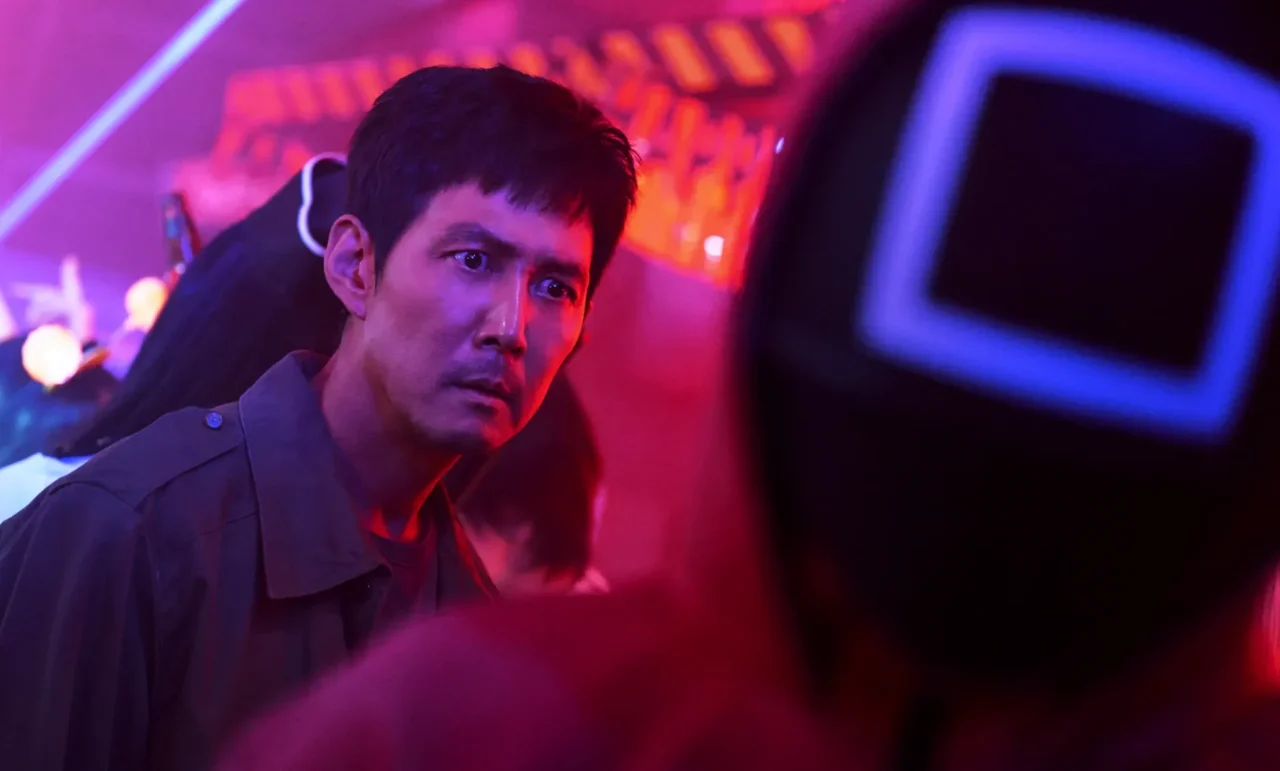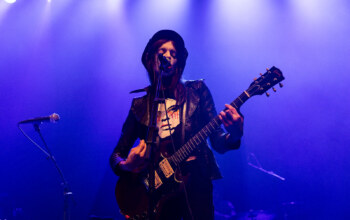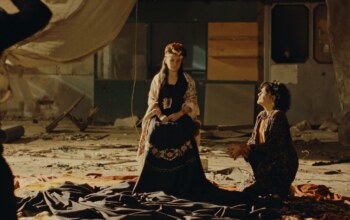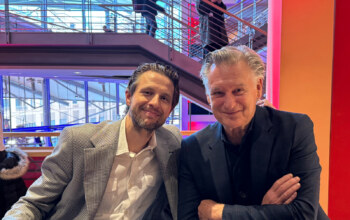Do video games influence culture or does culture influence video games?

Do video games shape the world we live in, or are they just reflecting it back at us with better graphics and way more explosions? It’s the kind of question that can be debated over snacks at 2 a.m. or, more realistically, while a character dances on top of a fallen enemy in Fortnite. Because let’s be real, something is influencing something else.
Society now exists in a time where kids quote video game dialogue more than their teachers, and entire school cafeterias have been converted into battlegrounds for discussing the latest patch notes. If that’s not cultural influence, what is?”
When games become the trendsetters
Look at Fortnite – not just a game, but a global phenomenon that has turned dances, emotes, and skins into full-on cultural currency. The emergence of flossing as a trend didn’t just happen; Fortnite made it happen. With every new update, the game doesn’t merely follow trends – it sets them. Pop culture is no longer external to the game; it is embedded in every battle pass, every crossover, every unexpected alien-themed season that arrives.
Considering the deep integration of games into daily life, the Fortnite V-Bucks card serves as a subtle indicator of how digital economies have ingrained themselves into cultural communication. What began as a mere method to purchase cosmetic items has evolved into a mechanism for players to express themselves, connect with others, and engage with the continuously changing landscape of the game. It transcends mere transactions, embodying participation in the shared experiences of the moment.
Culture strikes back
But let’s not pretend games are doing all the heavy lifting. They’re soaking up pop culture like it’s the last drop of Slurp Juice. Fashion, music, movies – if it’s trending, it’s probably getting patched in. Rappers headline in-game concerts. Blockbuster heroes show up mid-match. Call of Duty drops a crossover with The Boys and Squid Game like it’s no big deal. It’s less of a game update and more of a cultural remix.
Developers aren’t just building worlds anymore – they’re building cultural hubs. They watch what’s happening in the world, absorb it, and then remix it in a way that’s more colorful, chaotic, and occasionally on fire. We’re not just seeing culture influence games – we’re watching games speedrun the entire cultural feedback loop.
The beautiful feedback loop
So what’s the real answer? Do games influence culture, or does culture influence games? It’s not a one-way street – it’s a roundabout with no exit.
Games introduce trends, reflect social values, parody politics, and reimagine real-world problems in more explosive ways. Meanwhile, society picks up on game slang, game fashion, game logic. It’s a two-way stream of influence, and no one’s really in control anymore – not even the developers.
Consider this: people do not merely play games – they live them, stream them, meme them. A digital avatar might possess more personality than one’s real-life counterpart. And when a game evolves into a platform for self-expression, identity, and even social commentary, it transcends mere entertainment. That becomes culture.
Wrapping it up
So, to answer the big question: yes. Video games influence culture, and culture influences video games. Constantly. Relentlessly. Hilariously. For those planning to dive into the next big moment – whether it’s a crossover event, a digital concert, or just a fresh emote drop – being ready is essential.
Digital marketplaces like Eneba make it easy to stay in the loop with great deals on Fortnite V-Bucks cards, game content, and everything else digital. Because, let’s be honest – when the culture is shaped by games, understanding its origins becomes important.
The editorial unit

























Facebook
Twitter
Instagram
YouTube
RSS